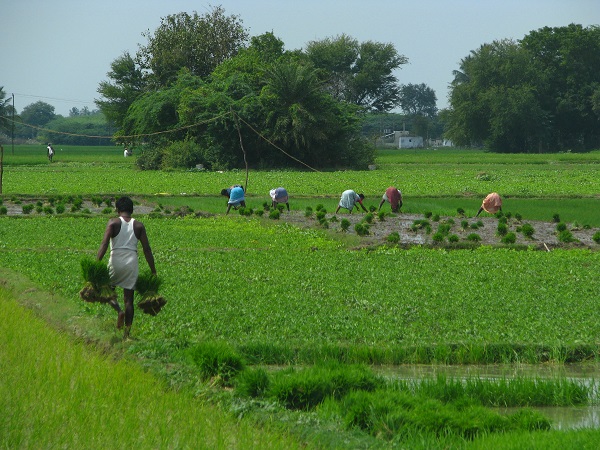With expectations of further economic uncertainty as the second wave of the Covid-19 pandemic continues and expectations of a third wave, banks are looking to raise funds to improve their capital buffers and fund expansion plans.
Private sector lender Federal Bank said its board will meet on June 16 to consider proposals for issuance of equity shares by way of a preferential allotment and raising of equity capital of the bank either through Rights Issue, Private Placement, Preferential Issue, Further Public Offer, Qualified Institutional Placement, Global Depository Receipts, American Depository Receipts annd Foreign Currency Convertible Bonds.
Also read: Public sector banks support for Covid-19 health infra gathers pace
The board will also consider a proposal for borrowing or raising of funds in Indian Currency or any other permitted foreign currency by way of issue debt instruments including but not limited to Additional Tier-I bonds, Tier-II bonds, Long Term Bonds (Infrastructure and Affordable Housing), Masala Bonds, Green bonds, Non-convertible Debentures or such other debt securities as may be permitted by RBI from time to time, in domestic market and/or overseas market, on a private placement basis, it said in a regulatory filing.
More plans ahead
In recent weeks, other lenders too have announced plans to raise funds and expectations are that more will be finalising plans soon. Private sector lender Yes Bank had on June 10 said it has received approval from its board of directors to raise ₹10,000 crore through debt securities.
Similarly, public sector Canara Bank has also announced board approval for its capital raising plan for 2021-22, amounting up to ₹9,000 crore by way of equity and debt instruments.
Bank of Maharashtra is also looking to raise up to ₹2,000 crore through the qualified institutional placement route before end of July. Reserve Bank of India governor Shaktikanta Das had on June 4 also urged banks and NBFCs to build capital buffers and ensure adequate provisioning to face challenges emanating from the second wave.
“Building adequate provisioning and capital buffers, together with sound corporate governance in financial entities, have become much more important than ever before, more so in the context of banks and NBFCs being at the forefront of our efforts to mitigate the economic impact of Covid-19,” he had said on June 4.
Public and private sector lenders had also raised funds in 2020-21 amidst the Covid-19 led economic uncertainty.
“Banks and need to augment their capital because there could be stress arising out of the second wave,” Das had told reporters post the monetary policy announcement. Their overall capital position is at a very stable level currently, he had further said.


